Diplomatic relations between China and the European Union span over half a century and have delivered substantial economic gains. “Trade between China and Europe has grown from 2.4 billion to almost 786 billion US dollars, with today’s daily volume equalling the entire annual volume of a few decades ago. Bilateral investment has increased from virtually nothing to almost 260 billion dollars,” said Her Excellency Dai Qingli, China’s Ambassador to Bulgaria, in an interview with BNR.
However, in recent years, bilateral relations have faced challenges, particularly regarding trade and economic issues, as well as differing positions on the war in Ukraine. A recent meeting in Beijing has led analysts to suggest that EU–China relations are undergoing a phase of strategic realignment.
Following a tense one-day summit in Beijing on 24 July, European Commission President Ursula von der Leyen described the relationship as having reached a “clear turning point.” EU leaders voiced concerns over persistent trade imbalances, highlighted by a record €305.8 billion trade deficit with China in 2024, along with market access restrictions and China’s import measures, particularly regarding electric vehicles.
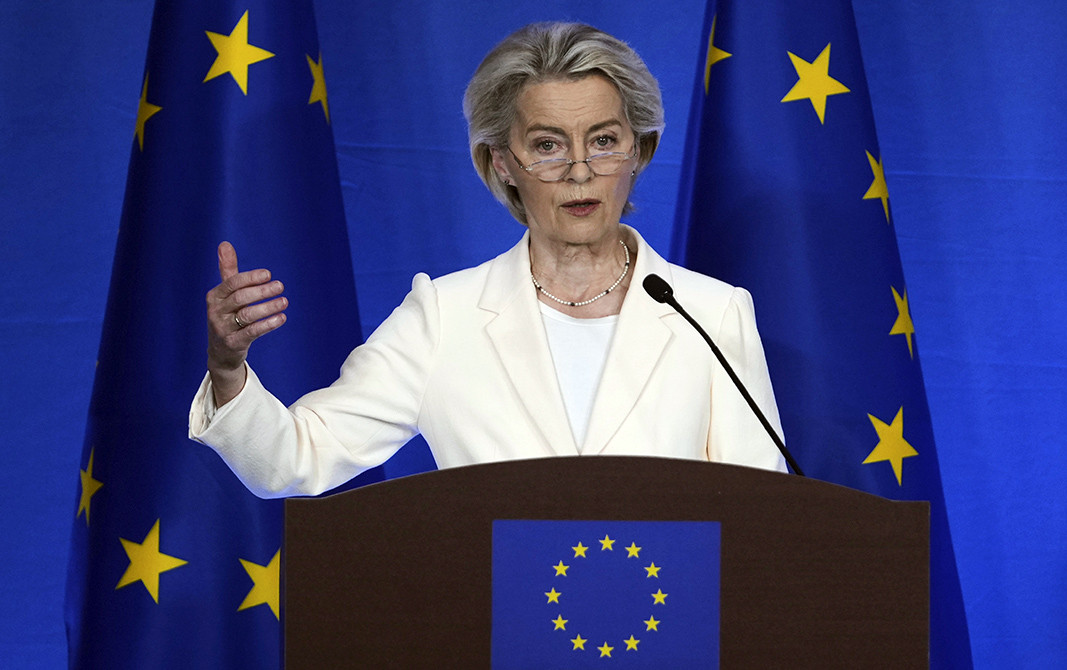
Despite the tensions, the two sides signed a joint statement on climate cooperation, reaffirming their commitment to working together on the energy transition, low-carbon technologies, and methane emissions management.
“China has always approached its relationship with Europe from a long-term strategic perspective. Our ties are among the most impactful bilateral relations in the world, delivering tangible benefits to almost two billion people in Europe and China and contributing significantly to global peace and development,” said H.E. Dai Qingli, China’s Ambassador to Bulgaria.
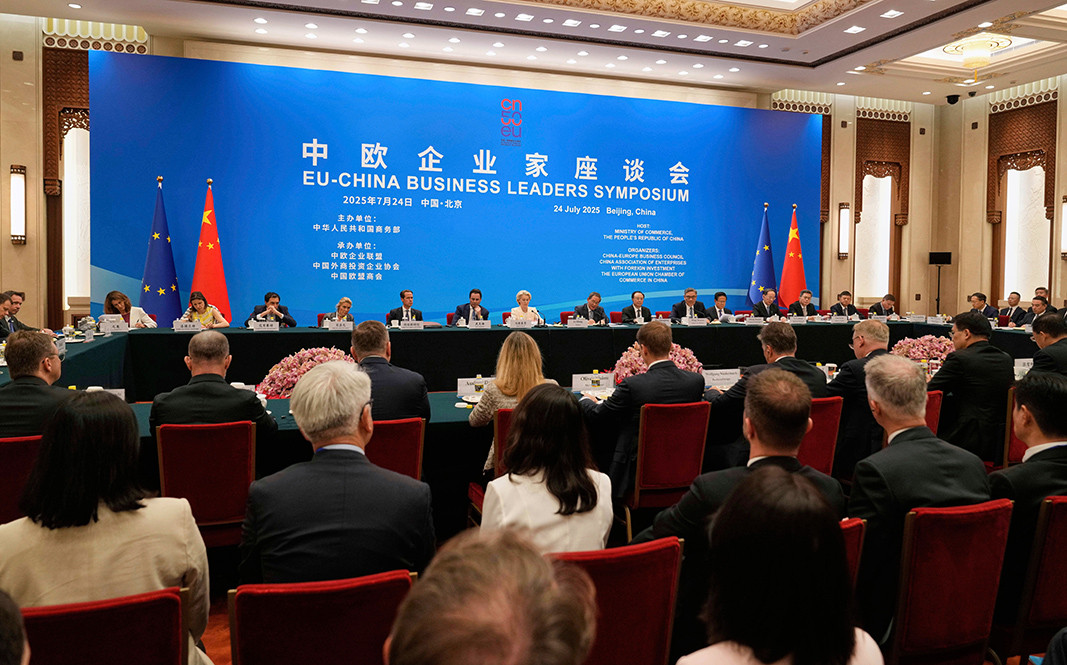
She emphasised that differences in social systems, ideologies, history, culture, and levels of development should not be grounds for confrontation. “China and Europe are partners, not rivals. We create opportunities for one another, not threats,” she stated.
When asked about China’s current vision for cooperation with Central and Eastern European countries—and with Bulgaria in particular—the Ambassador reiterated Beijing’s commitment.
“China places great importance on expanding and deepening its relations with the countries of Central and Eastern Europe. We are ready to increase imports from the region and share the opportunities that come with access to the Chinese market and our ongoing development. We aim to strengthen cooperation in key areas such as infrastructure connectivity, finance, tourism, agriculture, environmental industries, and new energy—all of which offer mutual benefits.”
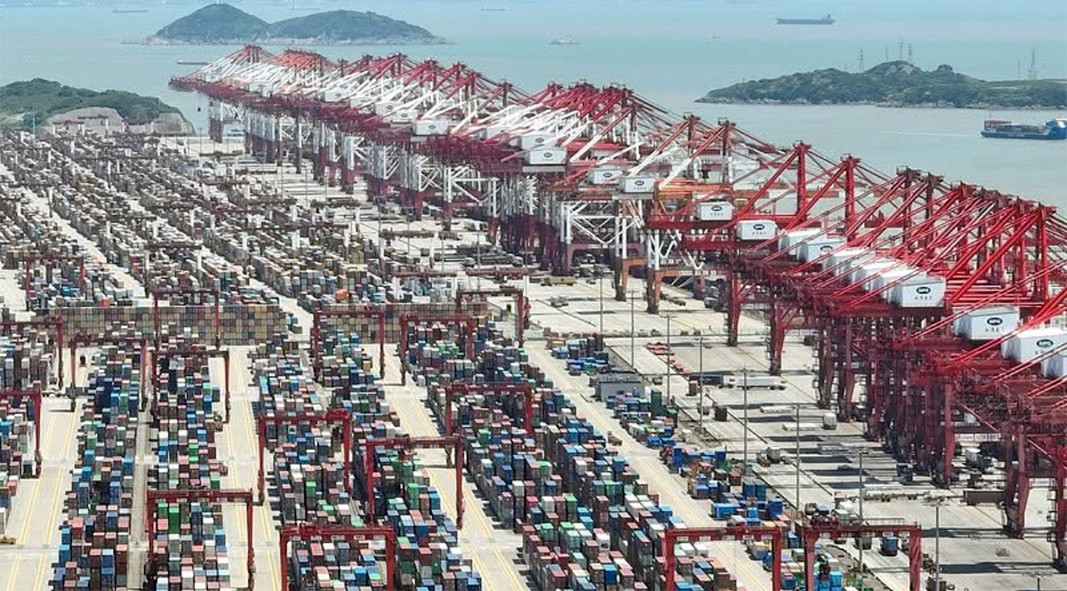
Ambassador Dai also acknowledged Bulgaria’s pivotal role in the region:
“Bulgaria is an important partner for China in Central and Eastern Europe, and a key contributor to the broader China–Europe relationship. It was one of the first countries to join the Belt and Road Initiative and has been a leader in agricultural cooperation. Bulgaria’s full membership of the Schengen Area and its path towards eurozone accession broaden the areas of convergence between our two countries and enhance the potential for future collaboration.”
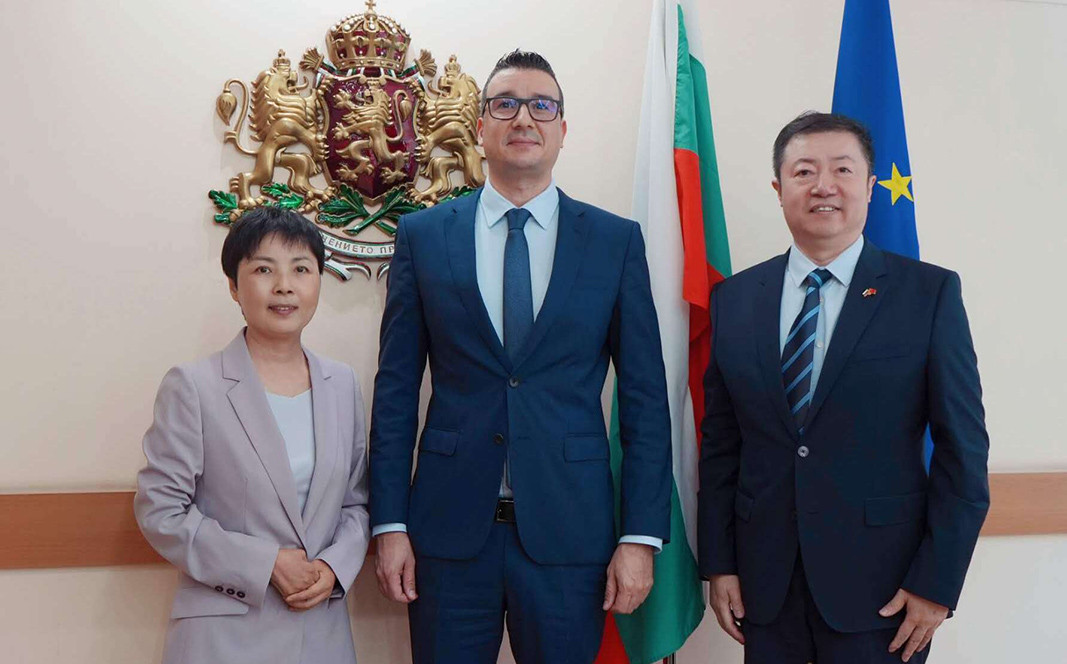
Ambassador Dai Qingli outlined four key areas in which Bulgaria and China could strengthen their cooperation:
Firstly, strengthening exchanges.
“China welcomes Bulgaria to join the Group of Friends for International Cooperation on AI Capacity-building, so that it can share in the benefits of emerging technologies. We also welcome Bulgaria’s participation in the International Organisation for Mediation, where it can play an active role in the peaceful resolution of international disputes.”
Secondly, expanding bilateral trade.
“Bulgaria is renowned for its high-quality agricultural and food products, including rose oil, dairy products, wine, and mineral water. Recently, Bulgarian saffron was granted access to the Chinese market. I am confident that even more Bulgarian products will enter China in the near future.”

Thirdly, advancing cooperation in clean energy.
“China has clear advantages in photovoltaics and electric vehicles—high-quality technologies at competitive prices that can support Bulgaria’s green transition. Chinese companies have already invested in new factories for electric vehicle components in Bulgaria, and we are seeing fruitful collaborations with Bulgarian partners in the photovoltaic sector. This forms a strong foundation for expanding our cooperation in clean energy.”
Fourthly, enhancing transport and logistics cooperation.
“Bulgaria’s location at the crossroads of Europe and Asia gives it unique geographical advantages. Our countries agree on the need to improve connectivity and expand the China–Europe logistics corridor. We see significant potential in working together to develop international transport routes through the Caspian and Black Seas, enhance Bulgaria’s infrastructure capacity, and further strengthen rail freight links between China and Europe.”
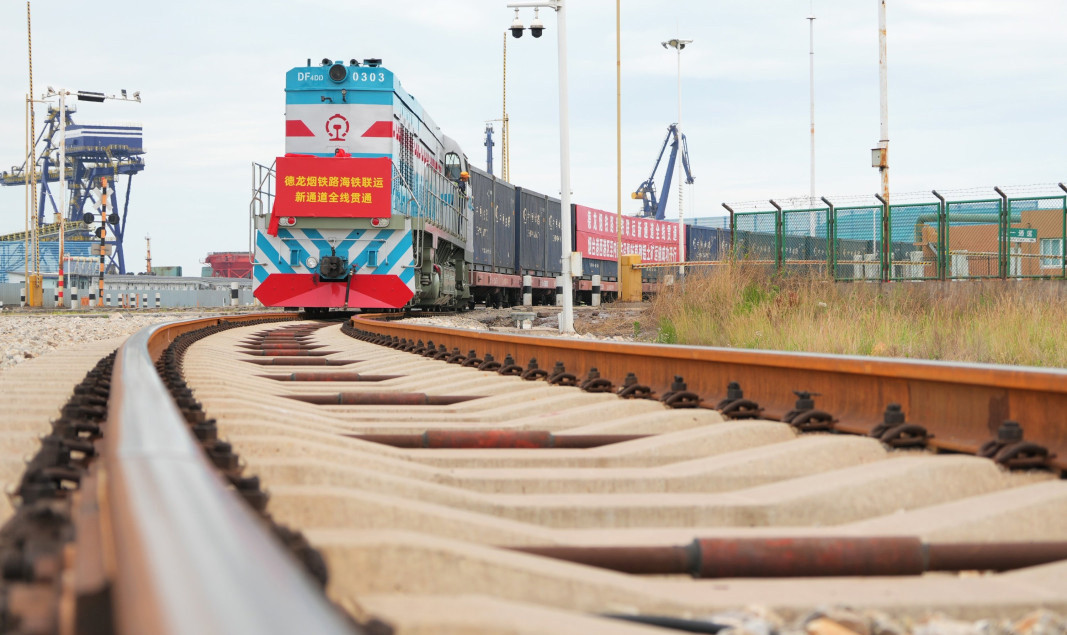
Ambassador Dai concluded:
“We believe these areas offer promising opportunities for deepening China–Bulgaria cooperation, as well as contributing to broader regional connectivity and sustainable development.”
Bulgaria’s National Assembly rejected President Rumen Radev’s veto on the amendments that expand the powers of the special commercial administrator of Lukoil, reported BNR’s correspondent Maria Fileva. The MPs from the ruling majority, supported by..
President Rumen Radev has vetoed the legislative amendments related to the appointment of a special commercial administrator in the Lukoil refinery in Burgas. The head of state said that the amendments undermine the legal order in..
Convulsions Before Multipolarity — a Time When Illusions Are Sacred and Truth Is Heresy is the title of a new book that will be officially presented in early November in Sofia. It explores the agony of a unipolar world, an era of geopolitical..

+359 2 9336 661
